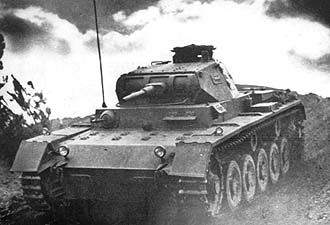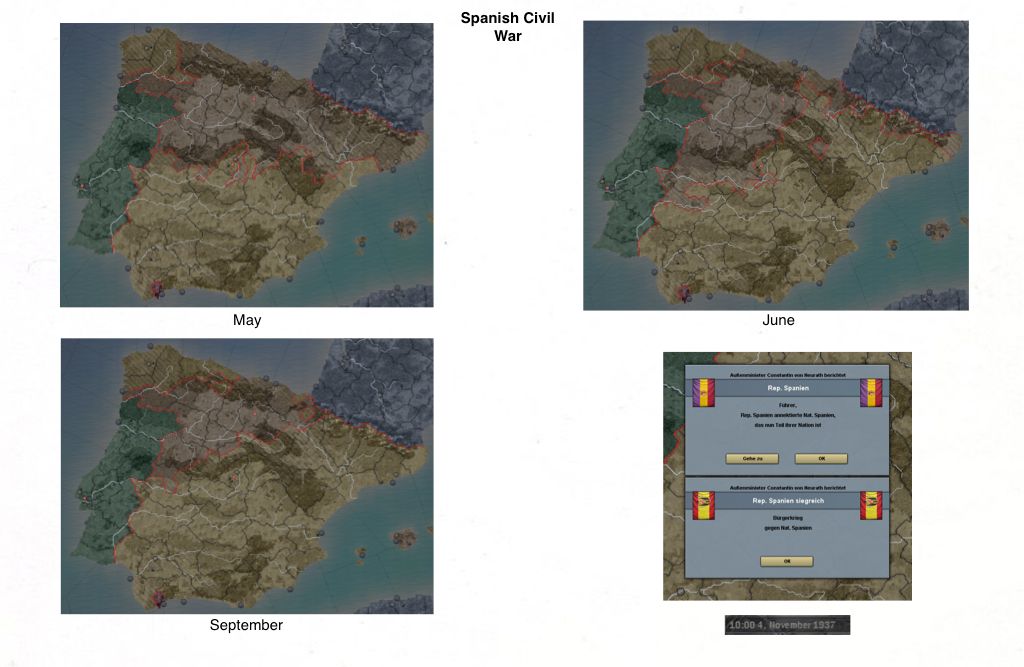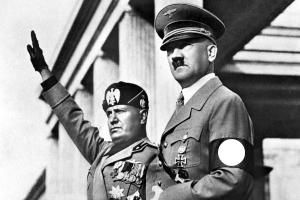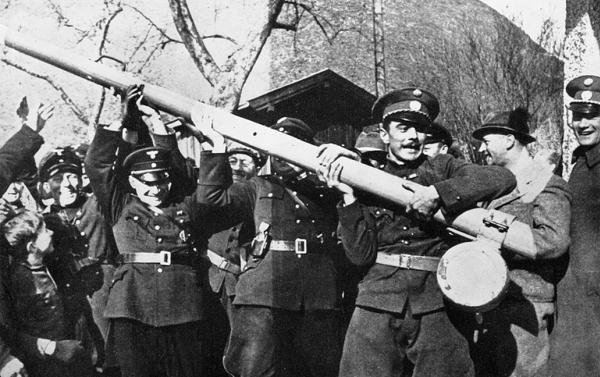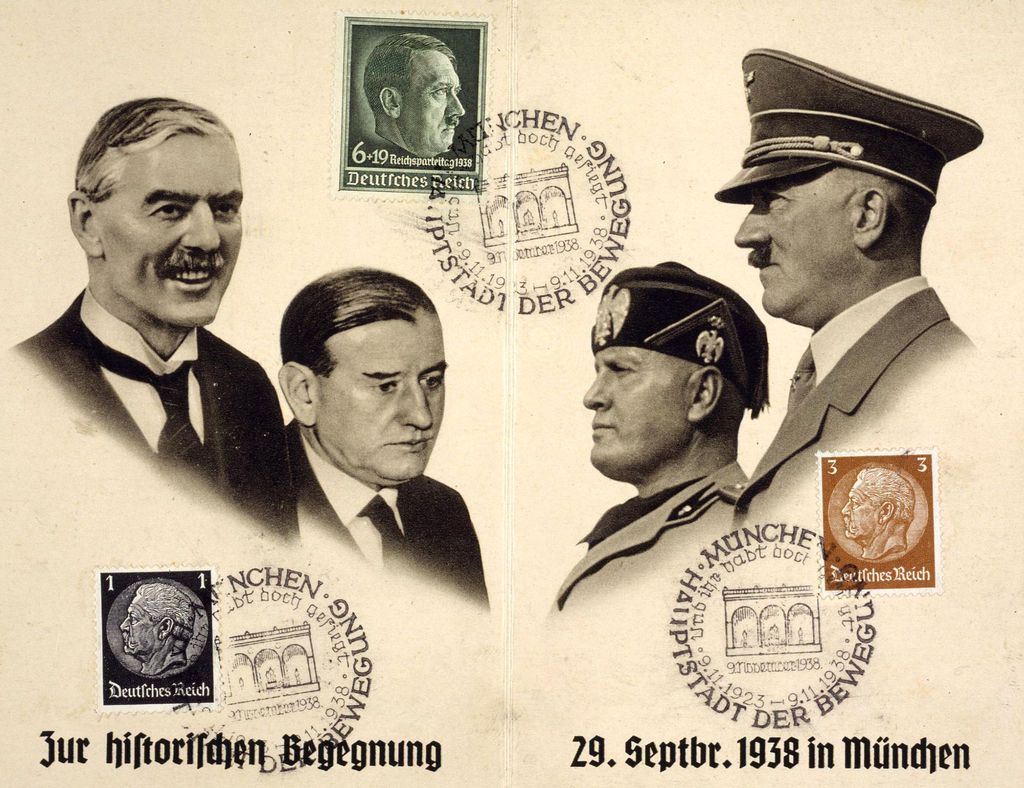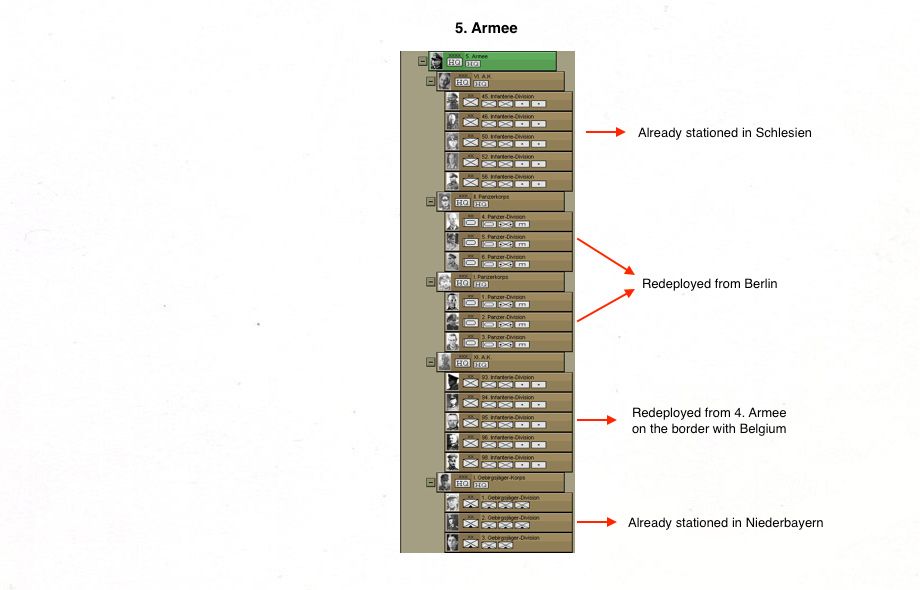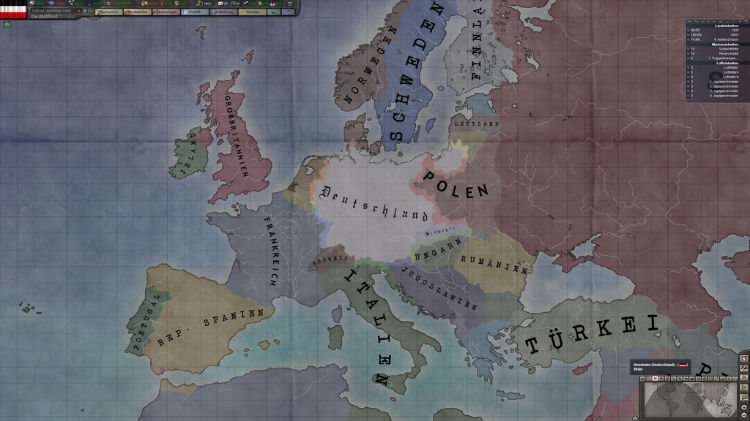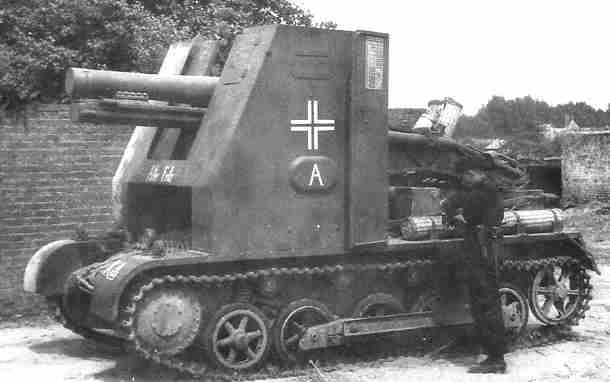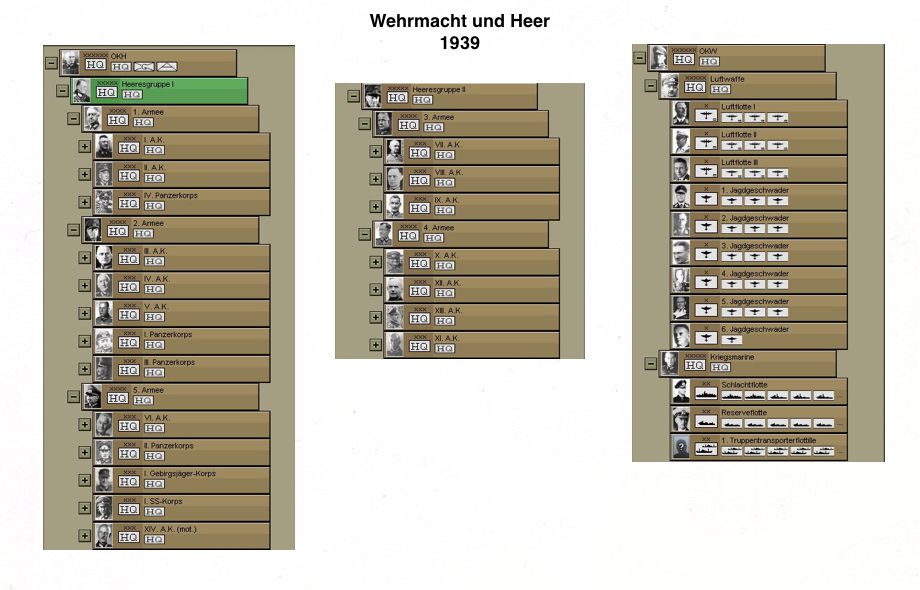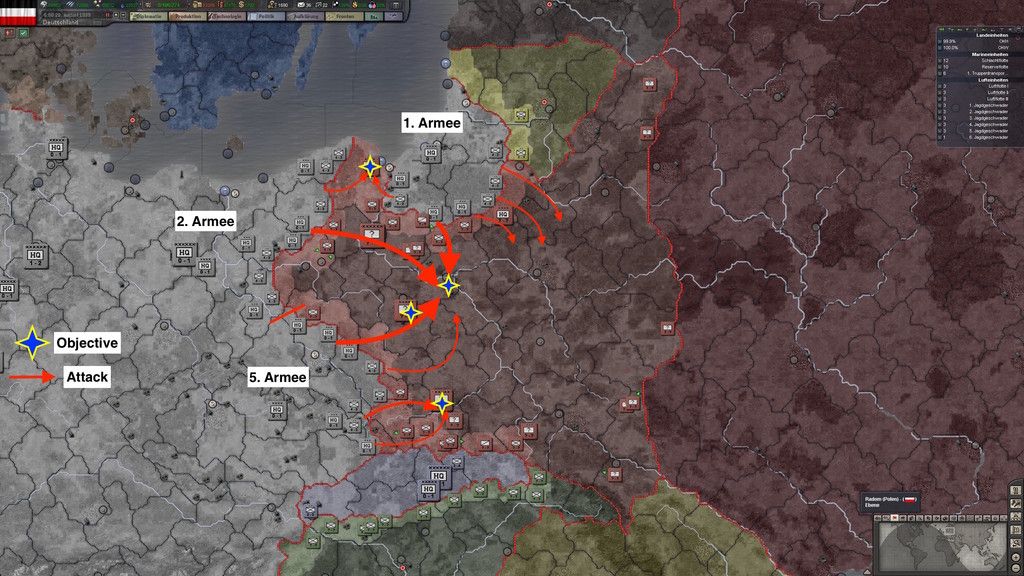Berlin, 30. 8. 1939
I'm writing this as I'm not able to close my eyes. I’m feeling pretty nervous right now. It is coming ever closer. And this year had been always under the premise of this big bang at the end of it. It is not avoidable anymore and our superiors are not willing to do so. We are ready to draw our swords and march of into war.
Tomorrow in the morning I will board a secret train to the polish border. It will bring me and the rest of the
OKW to our field HQ. From there we will observe how the
Wehrmacht will unleash its power onto the polish.
It will be the hours after however that will be much more important for me and especially for the generality to see if our plans have worked that we had developed over the past year.
At the beginning of the year, the
Führer had managed to win another conflict without spilling of any blood. But everyone knew that it would have been the last one to end like that. On the first day of the new year Germany claimed back the Memelland. A small strip of land on the river Memel that was populated by ethnic germans. The whole deal wasn’t to important.
Much more important however was the fact that we had been able to field another
Panzerkorps, the fourth to be exact. Its command had been given to Erwin Rommel, a war-hero from the Great War, who had excelled in quick moving and attacking Infantry formations, and was suited for the job of
Korps commander. We still lacked mobile units however and the next
Korps of motorized infantry was still in training. Additionally we were still lacking several hundred fighter aircraft to be able to fully equip our
6. Jagdgeschwader. Even though this isn’t really the best position we’re in, the
Wehrmacht is stronger than ever.
In May a treaty was signed that would hopefully reinforce our position in the world. Currently the allies, namely Great Britain controlled the sea. Even though we would manage to finish the construction of the Battleships Bismarck and Tirpitz by the 8th of May, our
Schlachtflotte would only be able to field 12 ships by the end of August. All modern ships but still not enough to battle the Brits and French. So we signed an alliance with Italy, our fascist neighbor to the south, and Japan, a mighty Empire with a fierce navy and a battle tested Army that had the ambition to establish their own empire in Asia.
Shortly after the treaty a new officer program had been started to improve the capabilities of our units in the field. The goal of the program was to increase the number and quality of officers in the
Heer. In order to achieve this we had to decrease funds for our research teams at least for now.
A day later a meeting was scheduled in the headquarters in Berlin similar to the one I had witnessed on my first day over 3 years ago. Every officer of higher rank in the armed forces of the
Wehrmacht participated. When everyone had assembled in the giant meeting hall, the
Führer entered. He was clad in a highly decorated
Wehrmacht uniform, even though everyone in the room knew that the only medal he had received during the Great War was for his light injury.
In a 3 hour long speech he rambled on about the destiny of our fatherland and about the evil west and the filthy bolscheviks in Russia that would threaten our country. The only solution of this precarious situation would be a decisive war against all those powers. He reassured us that with the power of the
Wehrmacht and the german people we would be able to win in the end.
During all this I could see the glooming eyes of those completely loyal to him and those who were just longing for a war and I could glance the skepticism in the eyes of the realists. Such a war would be near impossible to win. Even though we had gathered a bunch of good allies to our cause, a two front war against the Allies would lead to the ultimate downfall.
Still, the best planners sat down and began to work on solutions to this. From the beginning it was quite obvious that we would need to focus our forces on one front while stalling the other. Opposed to the Great War, this time we would choose the east front to quickly win. Poland was not thought to be a strong opponent and if we would be able to be quick about it, the Allies wouldn’t even be able to help them. There could even be the possibility that they wouldn’t serve their promise and leave them to their fait. Whilst this possibility was deemed quite likely by the Politicians around Hitler, the
OKW planned with the worst possible outcome in mind, a two-front war, smaller than 20 years ago, which gave us hope.
Fall Weiss,
hopefully a quick victory in the east
The campaign would be planned under the codename
Fall Weiss.
The goal of the operation against Poland would be to overwhelm their defenses and cut their armies of. This would be best achieved by breaking through with our tanks and motorized elements and then racing for their biggest cities to break their military's back.
By the beginning of August the plan was forwarded to the divisional commanders. They were ordered to move into their positions and begin field exercises for the troops. The attack was scheduled for the 1st of September in the morning and would be carried out with out a official declaration of war.
By the time the planning had officially been finished, the reserves were called in. Due to a quite complex way of service during the times of the treaty of Versaille, we still could access a vast amount of trained reserves even though our standing army had been limited quite drastically. by the time our divisions were at full strength, the
Heer fielded more than 700.000 men.
A week ago very good news had reached the rooms of the
OKW.
I had received a top secret file for General Beck. When I delivered it to him he was in a short briefing with some men of the staff. He opened it and proclaimed its content in our presence: Our minister of foreign affairs, Konstantin von Neurath, had managed to strike an agreement with his soviet colleague in Moscow. There would be now consequence for our attack on Poland under the premise that we would give them parts of former russian territory if we would succeed in the war. Additionally a non-aggression pact was agreed upon. This was extremely surprising and good news for us as it meant that we would be able to fully concentrate on fighting the Allies for now and not have to worry about the Russians as well.
I'm finishing this entry and will be leaving this diary in Berlin while I'm being at the front. I fear I wouldn't have any time left to write when the war begins. I hope to gather my thoughts after my hopefully safe return to Berlin and write them down as soon as I can.


